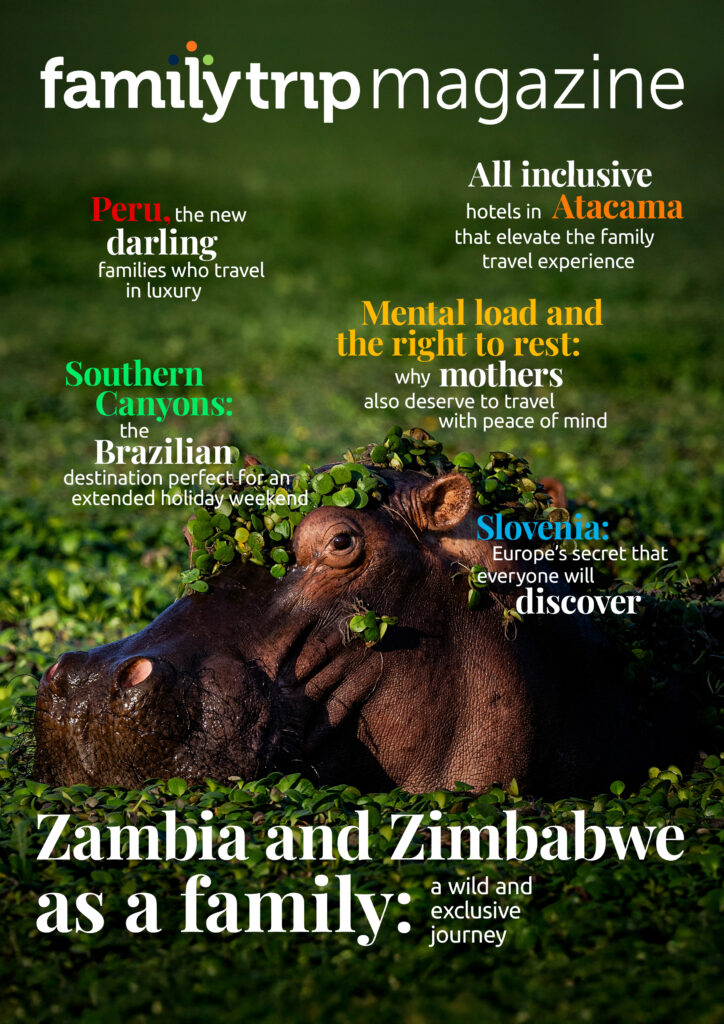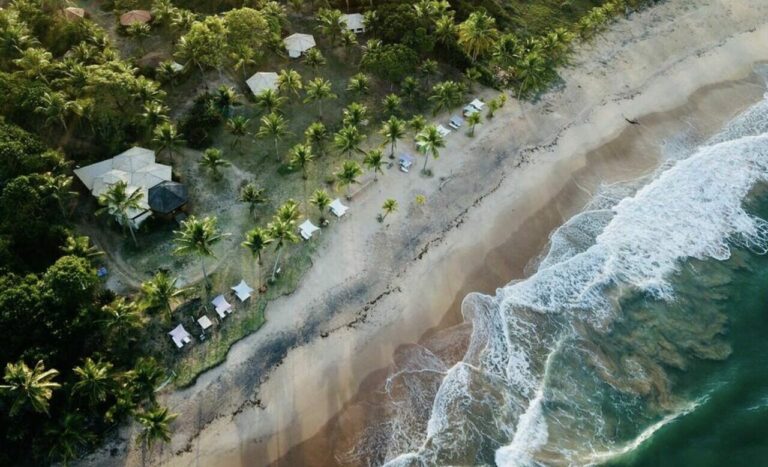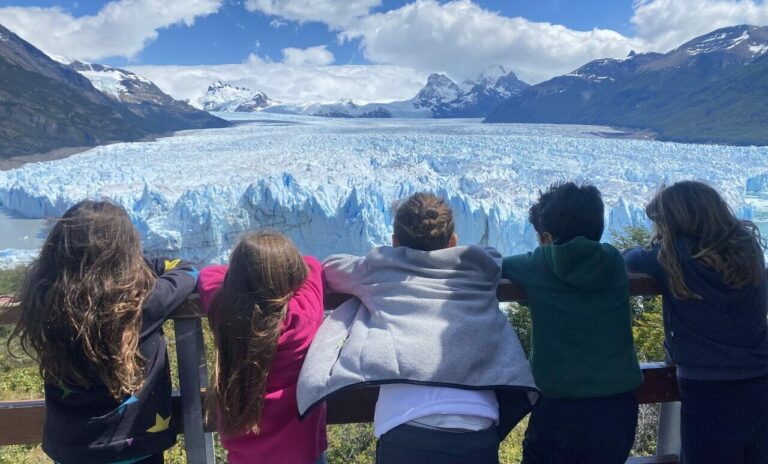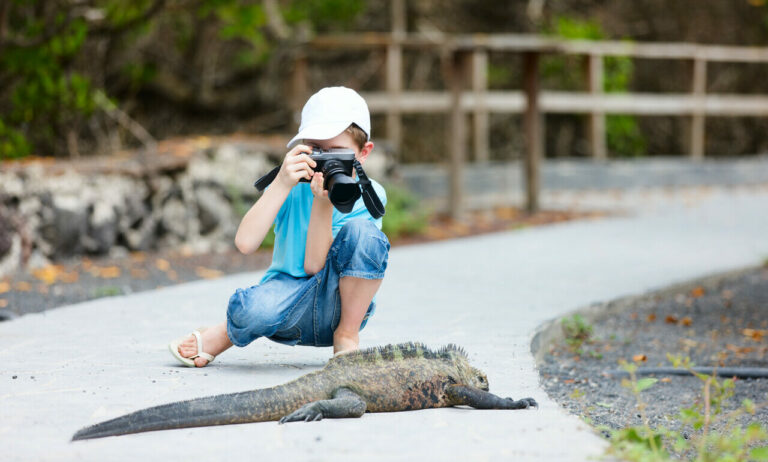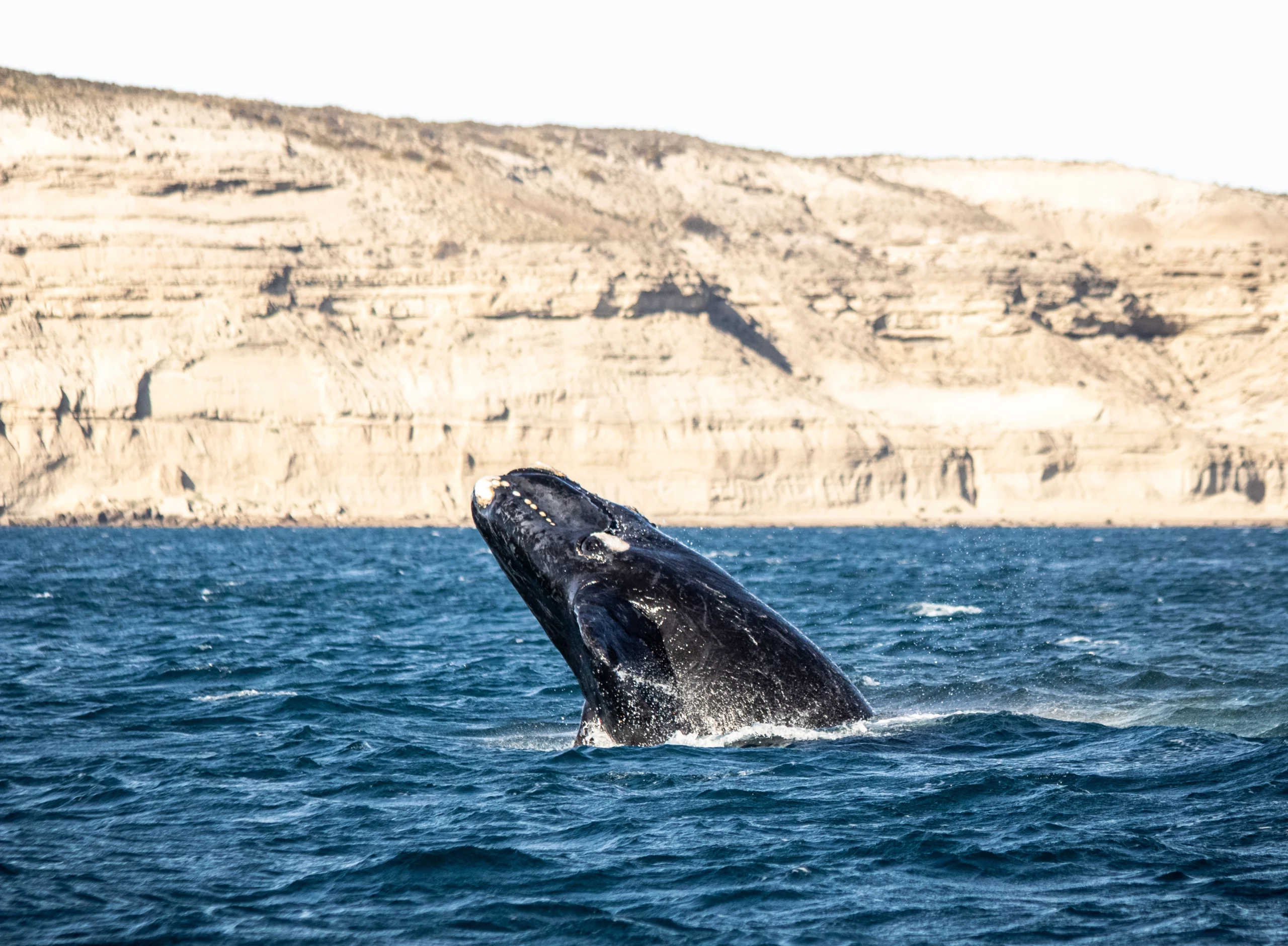
- Solidarity planet
Peninsula Valdés: where tourism helps save whales
Observing whales up close becomes a gesture of protection and learning in one of Argentina’s most incredible natural refuges
By Caroline Sundfeld
Imagine a place where every tourist contributes directly to the conservation of endangered marine species. In Peninsula Valdés, in Argentine Patagonia, this has been reality for more than two decades.
This UNESCO World Heritage Site, declared in 1999, houses the world’s largest breeding population of southern right whales. More than 2,000 specimens have been catalogued by the Whale Conservation Institute, which works in partnership with international organizations to guarantee species survival.
A story of near extinction

Southern right whales almost disappeared from the oceans. Commercial hunting reduced the world population to about 300 individuals in the 1920s. What we see today in Peninsula Valdés is the direct result of decades of scientific work and rigorous habitat protection.
The recovery impresses researchers. The peninsula’s protected waters annually receive more than 1,500 right whales, which arrive to reproduce and care for their calves. It’s one of the most notable success cases in world marine conservation.
How tourism finances conservation

Every ticket sold in the reserve helps maintain monitoring programs. Part of the revenue goes directly to organizations like Fundación Patagonia Natural, which has worked for 35 years in local biodiversity protection.
The foundation maintains Refugio La Esperanza, located in the protected area’s buffer zone, and Punta Flecha Observatory, the first place in the world that allows coastal observation of right whales in high concentration.
The Whale Conservation Institute, another fundamental organization, has developed the Southern Right Whale Program for 55 years. Its researchers individually identify each animal through callosities on their heads, true “fingerprints” that allow following each whale’s life over the years.
More than whales: a complete ecosystem
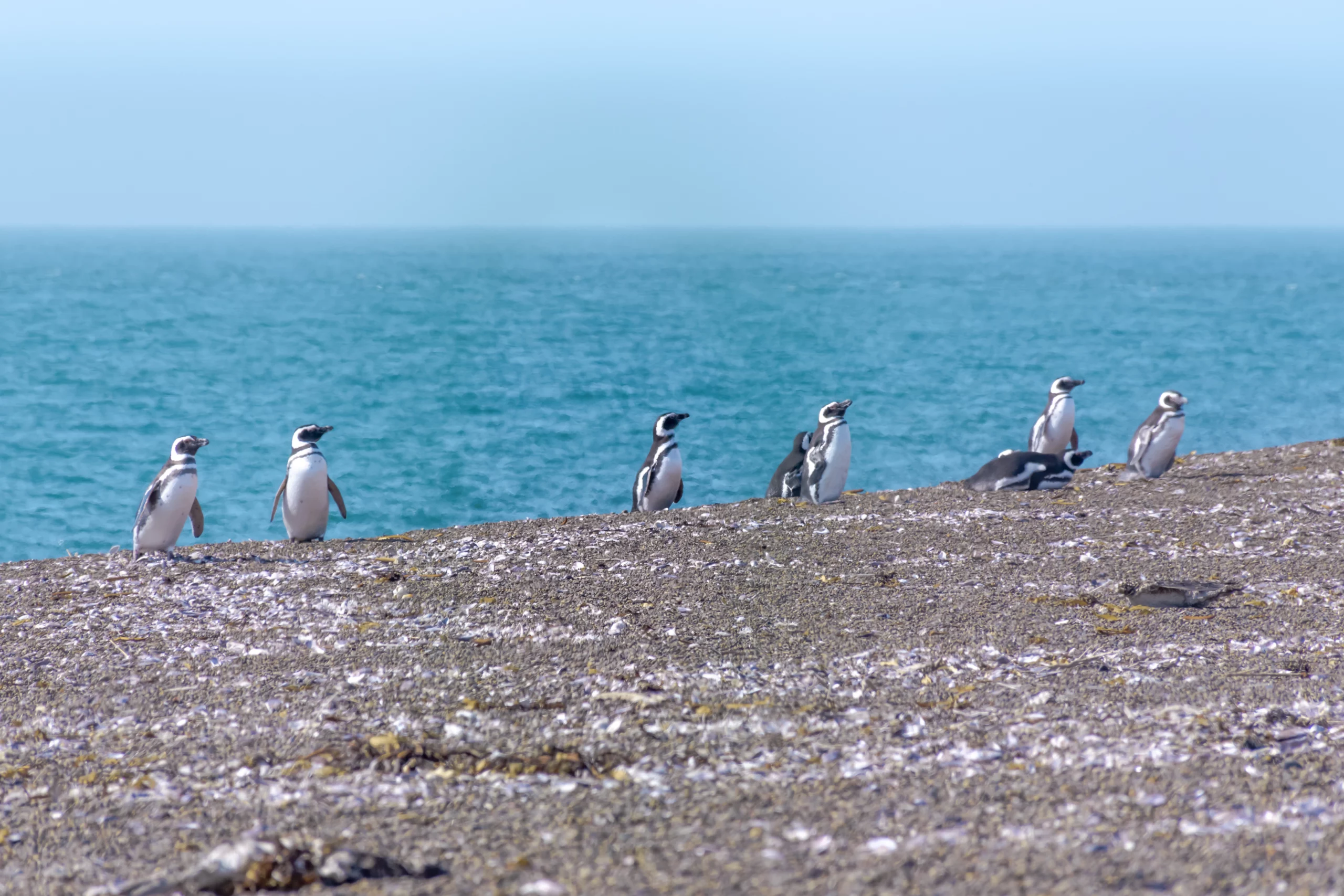
Peninsula Valdés protects 800,000 hectares of Patagonian Steppe and unique coastal environments. Besides right whales, it’s possible to observe:
Orcas with unique behavior: Between March and April, family groups of orcas intentionally strand themselves on beaches to hunt sea lion pups. It’s a hunting technique developed for local conditions and transmitted between generations.
Elephant seals: The peninsula houses this species’ northernmost colonies and the only breeding population in continental Argentina. Males can reach 4 tons.
Magellanic penguins: Between September and March, thousands of these penguins establish their colonies on the coast. At Punta Tombo, south of the peninsula, is one of the world’s largest continental penguin concentrations.
Terrestrial fauna: Guanacos, Patagonian maras (large rodents endemic to Argentina), hairy armadillos, and more than 180 bird species complete this ecosystem.

Responsible visitation in practice
Rules are strict for a reason: protecting animals during their most vulnerable moments. Boats must maintain minimum distance of 100 meters from whales. Groups are limited in size. Visitation hours are controlled.
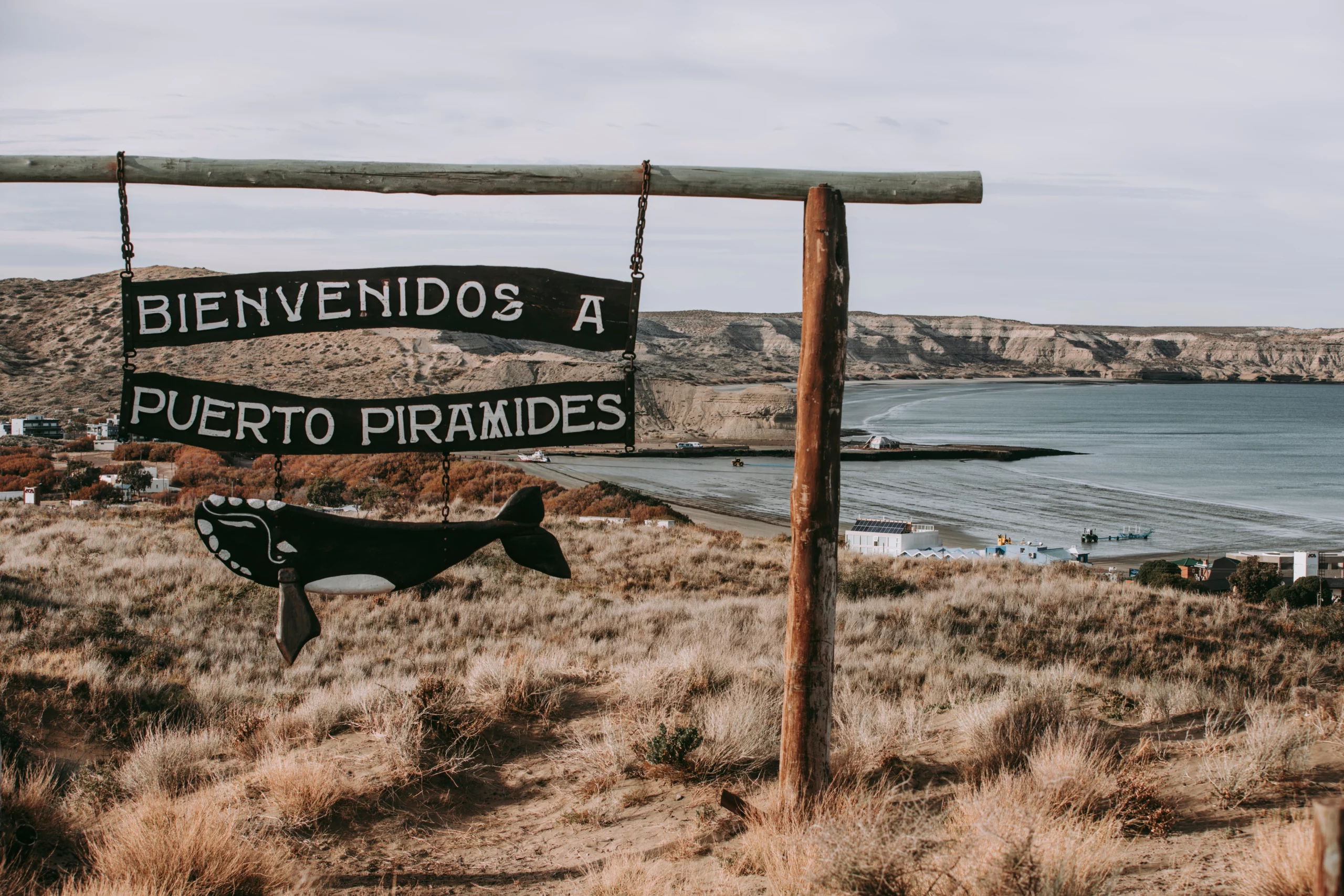
Puerto Pirámides, the only settlement within the reserve, houses just over 500 permanent inhabitants. Infrastructure is purposely limited. There are no resorts or large-scale developments. The objective is to keep human impact to minimum necessary to allow wildlife observation.
Impact beyond borders
Work developed in Peninsula Valdés influences marine conservation policies throughout South America. The scientific tourism model implemented here serves as a reference for other protected areas. Some whales identified in the peninsula have already been re-sighted on the Brazilian coast, confirming migratory routes and the need for international cooperation to protect the species. Uruguay, inspired by Argentine success, created in 2013 the world’s first national whale and dolphin sanctuary, making all its territorial waters protected areas.

Tourism that multiplies impact
Visiting Peninsula Valdés means participating in one of the planet’s most successful marine conservation projects. Every person who travels there strengthens the economic argument for maintaining habitat protection.
Whale watching globally moves 13 million people per year and generates US$2 billion. In Peninsula Valdés, this revenue is directly reinvested in research and protection.
It’s tourism that works: generates local economy, finances science, protects ecosystems, and still offers experiences that transform how we see our relationship with the oceans.
For families seeking trips with purpose, few destinations offer as direct and measurable impact as Peninsula Valdés. It’s proof that well-planned tourism can be one of nature conservation’s most powerful tools.
Things the Way Family love to pack in their suitcase:
Gate
Eletronics for the travel: smartphone, drone, câmera, charger,…
Destiny
UV clothes, bikinis, caps, diving goggles, snorkel mask and other accessories…

